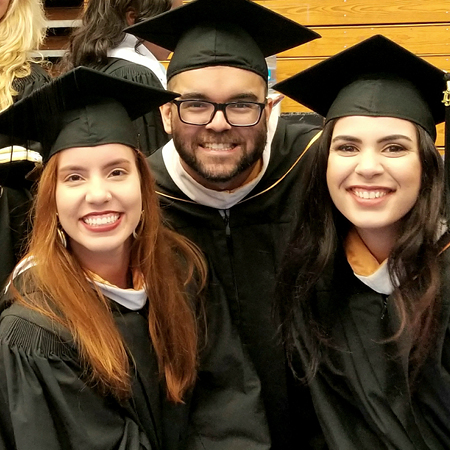Master’s Coursework and Application Information
Our graduate degree programs share an academic core, and are distinguished by their relative emphases. The academic core of both programs combines multi-method research training with study in three related areas of specialization:
• Global Political Economy and Development
• Global Cultures and Ideology
• Global Governance
The Master of Arts (MA) in Global Studies is a terminal two-year degree. The MA was founded to provide students wishing to pursue careers in civil society (broadly conceived) with broad academic training and some guidance towards application of academic training to practical experience.
It provides hands-on interdisciplinary research training to students planning careers working in civil society organizations and shaping policy. Alumni from the MA program have gone on to build meaningful careers in civil-society work, including in media, socially responsible business, government, environmental protection, organizing, policy-research, economic development, local and international NGOs, education, law, and academia.
Coursework in the first year of the program steeps students in a wide range of social sciences and humanities frameworks useful for analyzing major social problems, and provides training in the diverse empirical research methods that such analyses require. An MA practicum series also provides regular exposure to visiting practitioners working on such problems. Additional language training is provided for students who are not already fluent in two or more languages.
The Summer and the Fall of the second year are dedicated to (usually international) field research, internship, or study away. Closely supervised by faculty of their choice, students utilize this time to identify and understand a social problem, develop a research project around it, and gather evidence. The Winter and Spring of the second year are dedicated to project completion. A growing alumni network facilitates internship and job search.
MA funding packages are competitive. The program is supported by a generous grant from the Orfalea Foundation, which funds students during their time away and the practicum series. MA students may also receive teaching assistantships, which provide tuition remission, health insurance, a monthly stipend, and valuable teaching experience. Our MA and Ph.D. are separate programs, and admission to the MA is not a pathway to the Ph.D.
The online application for the upcoming academic year will be available to prospective applicants in early September. Please use the Admissions link for detailed information and useful application links.



